I am living with Young Onset Dementia
When dementia symptoms occur in people in their 30s, 40s or 50s, it is known as Young Onset Dementia or Early-Onset Dementia.
Since the occurrence of Young Onset Dementia is much less common than for other types of dementia, the process of diagnosis may be more complex as the individual may appear to be physically healthy and socially engaged. Young Onset Dementia is typically associated with a genetic link. The needs of a person with Young Onset Dementia can be very different from those of a person with other types of dementia, because the person affected by the disease is younger. Individuals with Young Onset Dementia may be working, providing for their family, or actively raising children.
Higher levels of distress are experienced by caregivers of people living with dementia.
3-5%
of all people living with dementia live with Young Onset Dementia
What are the symptoms?
Changes in personality and behaviour are common symptoms of Young Onset Dementia. Family and friends are usually the first to notice changes. A person may struggle at work or make mistakes in daily tasks. Symptoms can include:
Trouble planning or problem-solving
Confusion with time or place
Misplacing items
Poor judgement
Withdrawal from regular activities
Memory loss
Uncharacteristic changes in mood or behaviour
Get our team of Dementia Care Coaches behind you.
Young Onset Dementia can deeply affect self-esteem and a person’s sense of purpose, and how a family faces the challenge. It is important to seek support if you think you need a diagnosis or after a confirmed diagnosis.
Connect With a Care Coach
A Dementia Care Coach can provide expert support to help a person facing Young Onset Dementia. They can help the individual and their family address quality of life issues now and for the future.
Get the support you need in the format that works best for you.
Find speaker series, videos, articles, activities, events, and fact sheets on many topics concerning brain health, dementia prevention, dementia and caring for someone living with dementia.
Activities, Support & Services

